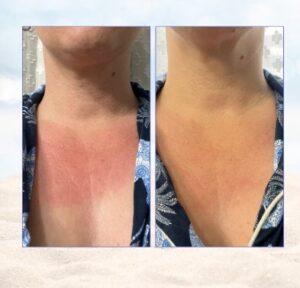![]() 3606 E. Chapman Ave, Orange, CA 92869
3606 E. Chapman Ave, Orange, CA 92869
![]() Contact us: 714-743-4914
Contact us: 714-743-4914
![]() 3606 E. Chapman Ave, Orange, CA 92869
3606 E. Chapman Ave, Orange, CA 92869
![]() Contact us: 714-743-4914
Contact us: 714-743-4914
Understanding Your Skin Type: The Key to Personalized Skincare Solutions
Understanding your skin type is essential for developing effective personalized skincare solutions. According to a 2021 report from the American Academy of Dermatology, nearly 50% of consumers struggle to choose products that suit their unique skin type, leading to increased skin issues. Identifying whether you have oily, dry, combination, or sensitive skin can significantly influence the effectiveness of treatments and products. A study published in the Journal of Clinical and Aesthetic Dermatology highlights that tailored skincare regimens improve skin barrier function and overall skin health by up to 30%. By accurately assessing your skin type, you can enhance the absorption of active ingredients and reduce the risk of adverse reactions, making it a vital step in achieving optimal skin care results.
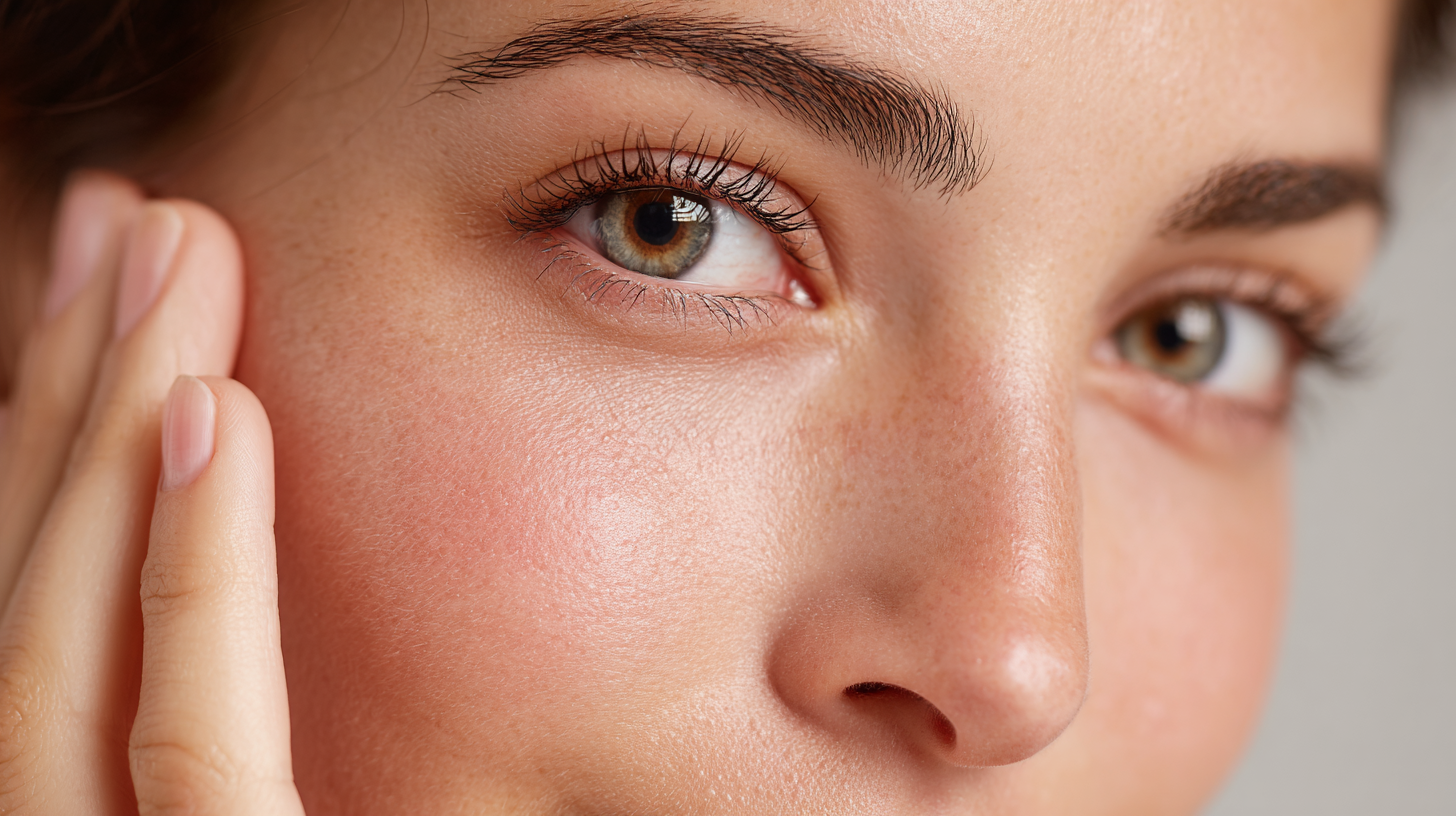
Identifying the Different Skin Types and Their Characteristics
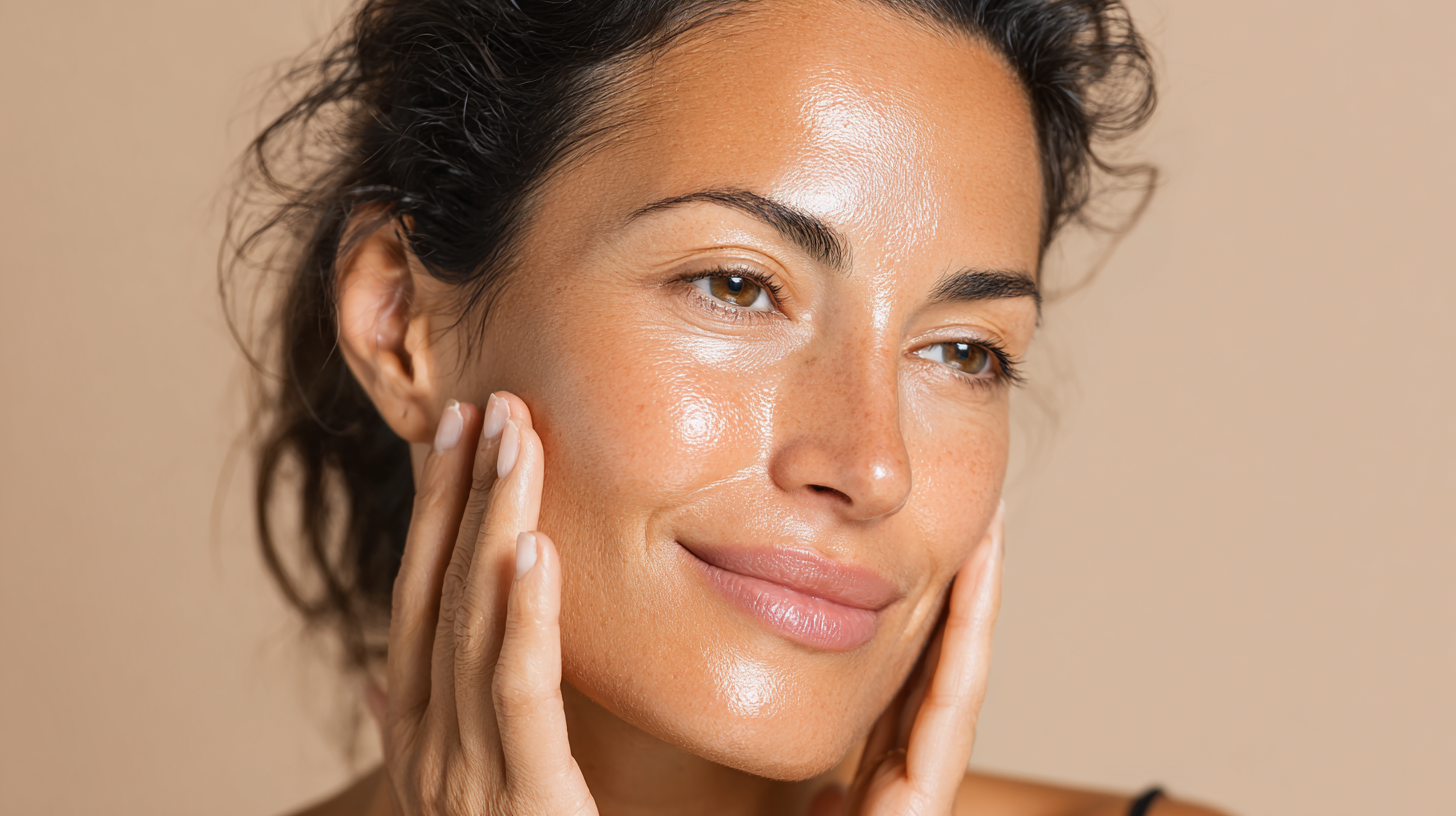 Understanding your skin type is essential for crafting a personalized skincare regimen. Different skin types exhibit unique characteristics influenced by various factors, including genetics, environment, and lifestyle. The primary skin types include oily, dry, combination, sensitive, and normal, each requiring tailored approaches to ensure optimal care. Identifying these types involves analyzing factors such as sebum production, moisture levels, and reactions to products. For example, oily skin tends to have larger pores and a glossy appearance, while dry skin may feel tight and look flaky.
Understanding your skin type is essential for crafting a personalized skincare regimen. Different skin types exhibit unique characteristics influenced by various factors, including genetics, environment, and lifestyle. The primary skin types include oily, dry, combination, sensitive, and normal, each requiring tailored approaches to ensure optimal care. Identifying these types involves analyzing factors such as sebum production, moisture levels, and reactions to products. For example, oily skin tends to have larger pores and a glossy appearance, while dry skin may feel tight and look flaky.
When it comes to skin analysis, tools like VISIA and DermaScan provide detailed evaluations of skin conditions, aiding in identifying your skin type accurately. VISIA uses advanced imaging technology to assess wrinkles, pores, and pigmentation, while DermaScan focuses on skin hydration and texture. Prices for these tools can vary, but they often range from a few hundred to several thousand dollars based on features and capabilities.
Tips: To determine your skin type at home, wash your face, pat it dry, and wait for an hour. Observe how your skin feels and looks—this can give you insight into whether you have oily, dry, or combination skin. Additionally, consider keeping a skincare journal to track reactions to products, helping you fine-tune your routine over time.
The Importance of Skin Type in Skincare Routine Selection
Understanding your skin type is crucial for selecting an effective skincare routine. According to the American Academy of Dermatology, approximately 50% of adults struggle with some form of skin condition, which varies significantly based on their skin type. Factors such as oiliness, dryness, sensitivity, and acne tendencies can directly influence how products perform on your skin. For instance, oily skin may benefit from lightweight, oil-free moisturizers, while dry skin types often require richer, hydrating formulas.
A recent survey by the International Dermal Institute found that 65% of individuals using the wrong skincare products experienced worsened skin conditions. This highlights the importance of tailoring skincare routines to individual skin types. Using products designed for your specific needs not only maximizes their effectiveness but also minimizes the risk of irritation and allergic reactions, particularly for sensitive skin. Thus, identifying your skin type serves as the foundation upon which you can build a personalized skincare regimen that addresses your unique concerns and enhances overall skin health.
Key Factors Influencing Skin Type Changes Over Time
Understanding your skin type is crucial for effective skincare, as various factors can significantly influence changes over time. One primary factor is age; as we age, our skin undergoes natural changes that can alter its type. For instance, younger skin may produce more oil, leading to an oily complexion, while older skin often becomes drier due to decreased sebum production. Hormonal fluctuations, particularly during puberty, menstruation, pregnancy, and menopause, can also lead to shifts in skin type, affecting overall texture and appearance.
Environmental influences are another key element. Exposure to harsh weather conditions, pollution, and UV radiation can strip the skin of its natural moisture, leading to sensitivity and dryness. Additionally, lifestyle choices such as diet, stress, and hydration levels play pivotal roles in skin health. For example, a diet high in sugar and processed foods can trigger breakouts and exacerbate skin conditions. Monitoring these factors and adjusting skincare routines accordingly helps in maintaining a balanced and healthy complexion tailored to your evolving skin type.
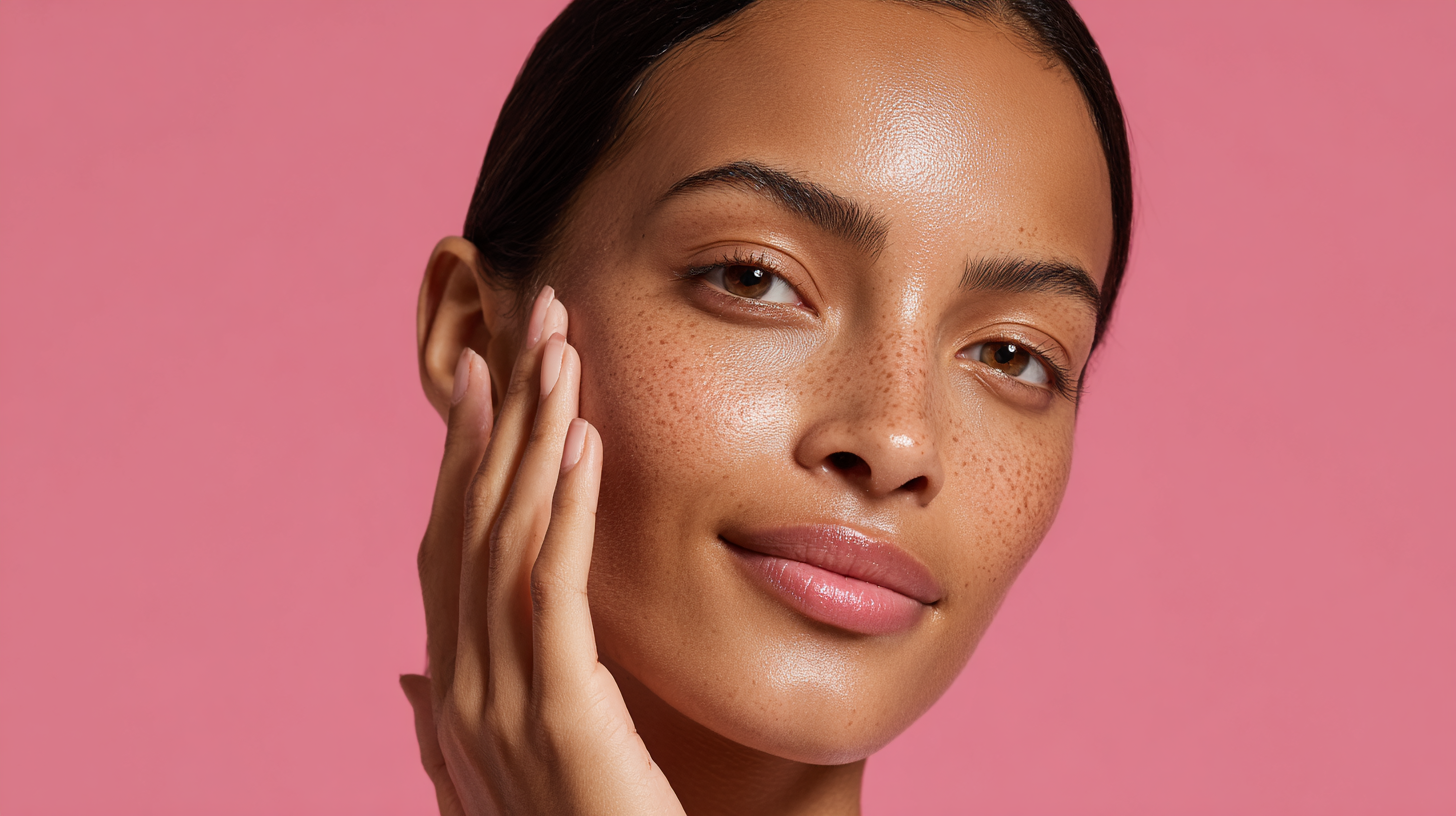
Tailoring Skincare Products to Your Specific Skin Type
Understanding your skin type is crucial for creating an effective skincare routine tailored to your needs. Different skin types—such as oily, dry, combination, and sensitive—require specific ingredients and products to address their unique challenges. For instance, those with oily skin may benefit from lightweight, oil-free moisturizers and exfoliating ingredients like salicylic acid, which can help control excess oil and prevent breakouts. On the other hand, dry skin often necessitates richer creams loaded with hydrating ingredients like hyaluronic acid and ceramides to restore moisture and strengthen the skin barrier.
When choosing skincare products, it's essential to consider not just your skin type but also any specific concerns you may have, such as aging, redness, or acne. Personalized solutions often include identifying key ingredients that align with your skin’s needs. For example, if you have sensitive skin, look for products that are fragrance-free and formulated with soothing ingredients like aloe vera or chamomile. By understanding your skin type and selecting appropriate products, you can enhance the efficacy of your skincare regimen and achieve healthier, more radiant skin.
Understanding Your Skin Type
This bar chart illustrates the percentage distribution of different skin types among individuals. Understanding your skin type is essential for tailoring effective skincare solutions.
Common Misconceptions About Skin Types and Skincare Solutions
When it comes to skincare, one of the most common misconceptions is that everyone fits neatly into a single skin type category, such as oily, dry, or combination. In reality, skin can be a complex mixture of types and can also fluctuate based on factors like climate, diet, and hormonal changes. It is important to recognize that no single product or routine will work for everyone. Personalization is the key to effective skincare solutions, and understanding these nuances can help individuals choose products that truly meet their needs.
Tips: Start by identifying your skin’s current condition; pay attention to how it reacts to different environmental factors and products. Consider keeping a skincare journal to track any changes or reactions, which can inform your choices moving forward. Additionally, don’t hesitate to consult a dermatologist to gain insights tailored specifically to your skin type.
Another misconception is that the same active ingredients benefit all skin types. While some ingredients are versatile, others can be harsh for certain conditions. For instance, strong exfoliants can be beneficial for oily skin, but they may exacerbate dryness in sensitive skin. Choosing the right products based on a thorough understanding of your skin can alleviate issues rather than create them.
Tips: Test new products on a small area of your skin before full application to gauge any adverse reactions. Look for gentle formulations if you have sensitive skin and always read labels to ensure compatibility with your specific type.
Understanding Your Skin Type: The Key to Personalized Skincare Solutions
| Skin Type | Common Characteristics | Common Misconceptions | Recommended Solutions |
|---|---|---|---|
| Normal | Balanced oil and moisture, smooth texture | Does not require skincare | Maintain with gentle cleansing and moisturizing |
| Oily | Shiny appearance, enlarged pores, prone to acne | Can skip moisturizer | Use oil-free products and regular exfoliation |
| Dry | Flaky, tight feeling, may have red patches | Oil will make it worse | Use rich moisturizers and avoid hot showers |
| Combination | Oily in some areas (like T-zone), dry in others | Difficult to care for | Use products tailored to each area of the face |
| Sensitive | Reactive, prone to redness and irritation | All products are harmful | Choose gentle, hypoallergenic products |
Related Posts
-
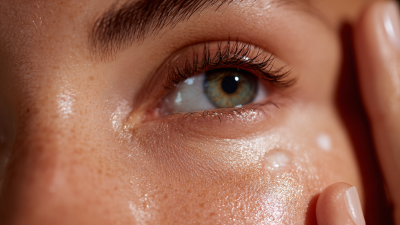
Unlock Radiance: The Ultimate Guide to Glow Skin Care for a Luminous Complexion
-
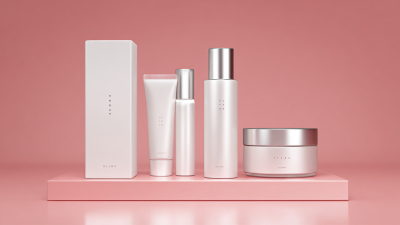
Unlocking the Future of Personalized Skin Care with Data Driven Solutions for Every Skin Type
-
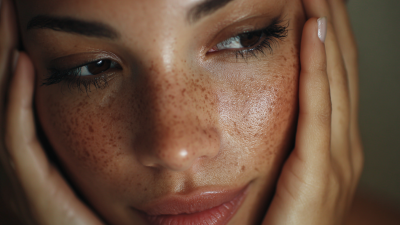
Unlock the Secrets of Your Skincare Routine: Transform Your Skin Today!
-

Unlock Radiant Skin with the Ultimate Guide to Facial Peels for Every Skin Type
-

Understanding the Factors Influencing Chemical Peel Cost for Optimal Skin Health
-

Revolutionizing Your Beauty Routine with Advanced Skin Care Techniques for Glowing Skin

